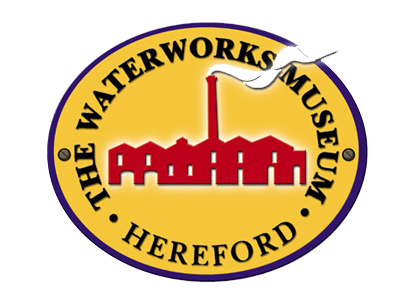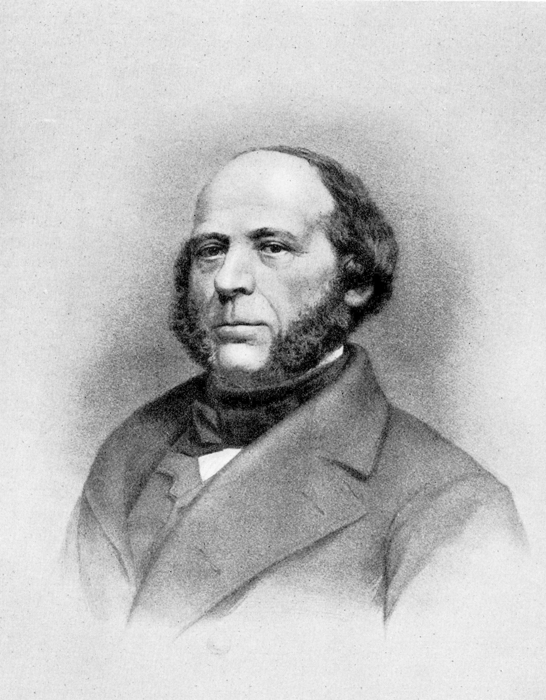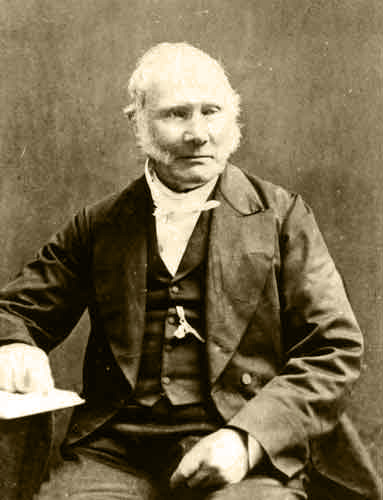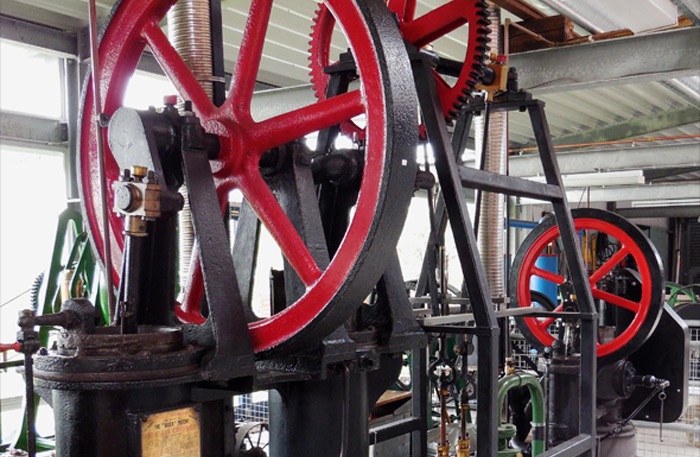Our Hot Air Engines
The Waterworks Museum has one of the largest collections of these enigmatic machines, which in the technology timeline came after steam engines and before internal combustion engines.
Boiler explosions were the curse of the industrial revolution that caused many deaths and this led pioneering engineers to look for an alternative power source to steam.
An engine that used only heated air was developed at broadly the same time by John Ericsson in Sweden and Scotsman the Reverend Robert Stirling, who in 1816 patented an engine that is often referred to a Stirling engine in his honour. Hot air engines work in the Stirling cycle and because they do not require a boiler they are simple and safe to run. Small engines were often found in the kitchens of large country houses and larger engines were used in factories and foundries to drive machinery.
Ericsson pioneered his engine in the United States and in collaboration with Alexander Rider they produced hundreds of reliable engines, which in Britain were built under licence by Messrs. Hayward-Tyler & Co of Luton.
Hayward Tyler engines had their heyday in the 1880-90s and the Museum is custodian of two fine examples, which work at the Museum side by side. The 1/2hp engine dating from the 1880s was originally installed in a country house at Swainshill near Hereford to lift water from a deep borehole.
The 1hp engine was donated on long term loan from the National Trust. It operated on the Cliveden Estate in Buckinghamshire, where it was housed in a cellar and used to pump water from a well for household and garden needed. This artefact is currently undergoing repair.
Annual Stirling Engine Rally
Each year the Waterworks Museum hosts the Stirling Engine Society whose members bring a range of hot-air engines from across the UK, including some of the latest experimental models.
These engines range from large models working from solar energy (or heat lamps if the sun is not shining) to small engines powering model vehicles and some that work purely from the heat in the palm of your hand - as if by magic, without steam, oil or petrol.



